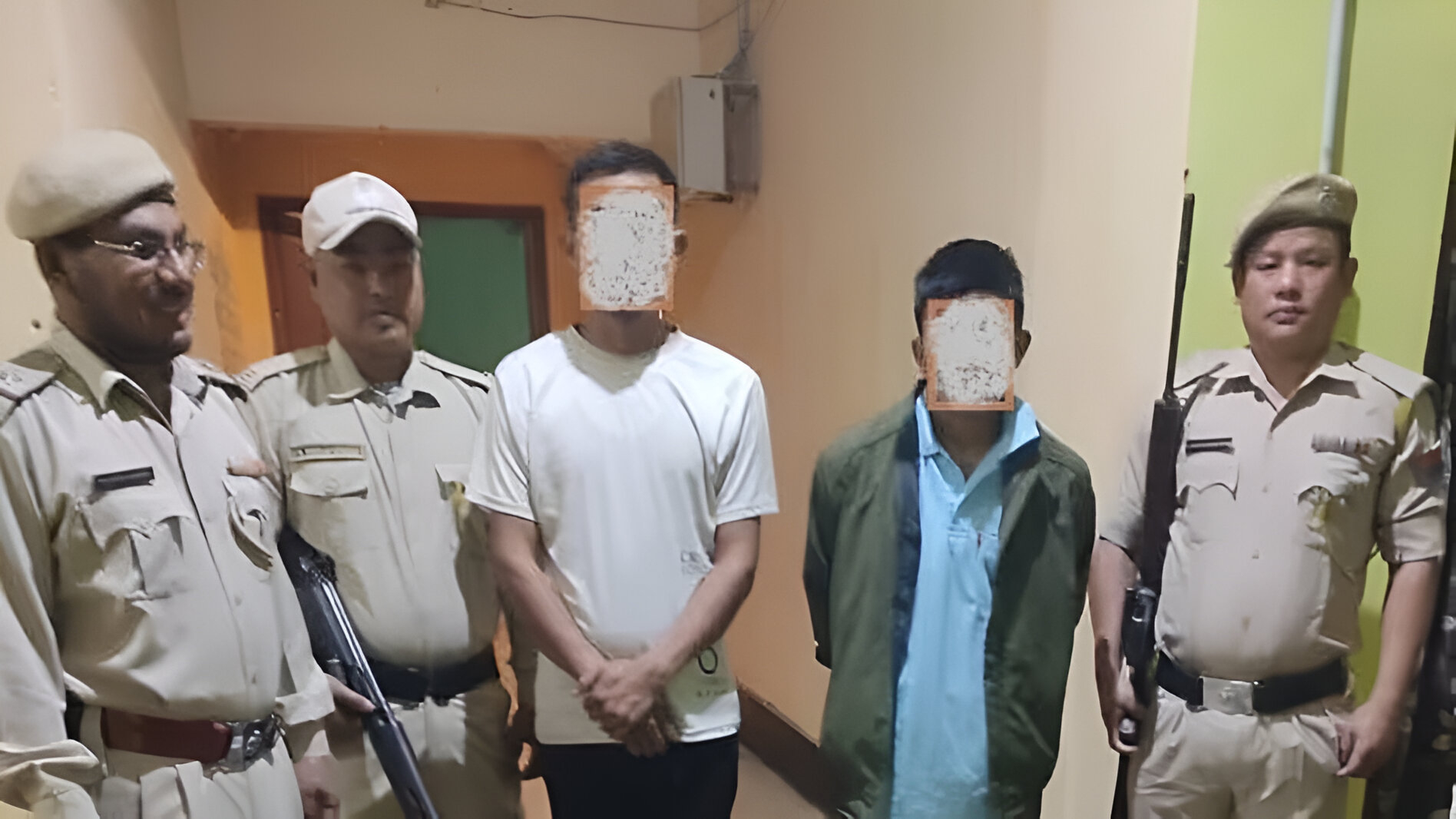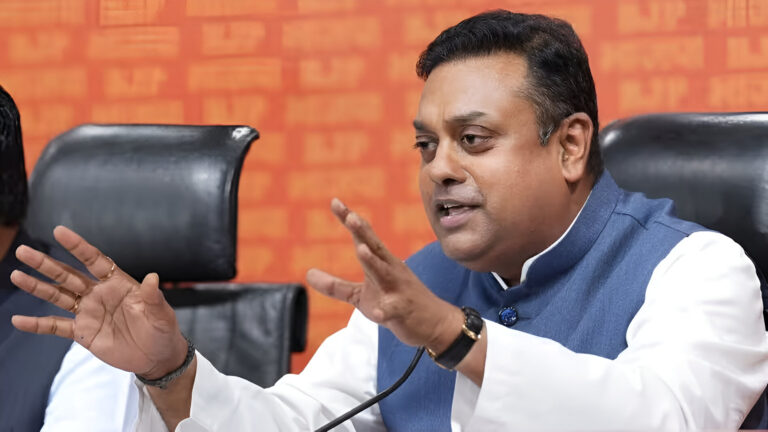Manipur Police Arrest Two KCP (PWG) Recruiters in Guwahati
In a significant operation, Manipur Police apprehended two individuals suspected of recruiting for the banned Kangleipak Communist Party (People’s War Group) [KCP (PWG)] in Guwahati. This move underscores the ongoing efforts to curb insurgent activities in the region.
Understanding the Kangleipak Communist Party (People’s War Group)
The Kangleipak Communist Party (KCP) is a proscribed insurgent group operating primarily in Manipur. Among its various factions, the People’s War Group (PWG) is notably active, engaging in activities ranging from extortion to armed insurgency. The group’s primary objective is to establish an independent Manipur, separate from India. Over the years, their activities have posed significant challenges to the state’s security apparatus and disrupted the socio-economic fabric of the region.
The Significance of the Arrests in Guwahati
The recent arrests in Guwahati are particularly noteworthy for several reasons:
- Geographical Expansion: Guwahati, located in Assam, is a major urban center in Northeast India. The presence of KCP (PWG) recruiters in this city indicates a strategic move by the group to expand its influence beyond Manipur’s borders. Such expansion could facilitate broader recruitment drives and logistical support, potentially escalating insurgent activities across state lines.India Today NE+2India Today NE+2India Today NE+2
- Recruitment Strategies: Targeting urban areas like Guwahati suggests a shift in the group’s recruitment strategies. Urban centers offer a larger pool of potential recruits, including students and unemployed youth, who might be susceptible to the group’s propaganda. Understanding and intercepting these recruitment efforts are crucial to preventing the swelling of insurgent ranks.
- Inter-State Collaboration: The operation leading to these arrests highlights the importance of inter-state collaboration among law enforcement agencies. Sharing intelligence and coordinating actions across state boundaries are essential in addressing the multifaceted challenges posed by insurgent groups operating in the Northeast.
Historical Context of KCP (PWG) Activities
The KCP (PWG) has a history marked by various illicit activities aimed at destabilizing the region and funding their operations. Some notable incidents include:India Today NE+7India Today NE+7India Today NE+7India Today NE
- December 2024: Manipur Police arrested two active KCP (PWG) cadres involved in extortion activities targeting brick farms, schools, and health centers in Imphal West. Items recovered included mobile handsets and a two-wheeler. India Today NE+6India Today NE+6India Today NE+6
- December 2024: Four KCP (PWG) members were apprehended in Kakching district for extortion and illegal arms possession. Authorities seized a pistol, ammunition, mobile phones, and demand letters linked to the group. India Today NE+8India Today NE+8India Today NE+8
- January 2025: An active KCP (PWG) member was arrested in Imphal West for extortion activities. Seized items included a pistol with live rounds, mobile handset, ATM card, and money receipts associated with the group. India Today NE+3India Today NE+3India Today NE+3
Implications for Regional Security
The infiltration of KCP (PWG) activities into urban centers like Guwahati has several implications:
- Increased Vigilance Required: Urban areas must enhance surveillance and intelligence-gathering mechanisms to detect and prevent insurgent activities. Public awareness campaigns can also help citizens identify and report suspicious activities.
- Resource Allocation: Law enforcement agencies may need to allocate additional resources to urban centers to counter the evolving strategies of insurgent groups effectively. This includes specialized training for urban counter-insurgency operations.
- Community Engagement: Building trust within communities is vital. Engaging local populations can lead to better information flow and cooperation, making it more challenging for insurgent groups to establish a foothold.
Conclusion
The arrest of two KCP (PWG) recruiters in Guwahati serves as a stark reminder of the persistent challenges posed by insurgent groups in Northeast India. It underscores the necessity for continuous vigilance, adaptive strategies, and collaborative efforts among states to ensure the safety and stability of the region.
FAQs
- What is the Kangleipak Communist Party (KCP)?
- The KCP is a banned insurgent group in Manipur aiming for an independent state, with various factions like the People’s War Group (PWG) involved in activities such as extortion and armed insurgency.India Today NE+3India Today NE+3India Today NE+3
- Why were KCP (PWG) recruiters operating in Guwahati?
- Guwahati’s strategic location and urban population make it a viable target for expanding recruitment efforts and logistical operations beyond Manipur.India Today NE+2India Today NE+2India Today NE+2
- How does the arrest impact regional security?
- The arrests highlight the need for increased inter-state collaboration and vigilance to prevent the spread of insurgent activities across Northeast India.India Today NE
- What measures can be taken to prevent insurgent recruitment in urban areas?
- Enhanced surveillance, community engagement, public awareness campaigns, and resource allocation to law enforcement agencies are critical in deterring recruitment efforts.
- Has the KCP (PWG) been involved in similar activities before?
- Yes, the group has a history of extortion, illegal arms possession, and other insurgent activities, with multiple arrests made in various districts over the past months.India Today NE+2India Today NE+2India Today NE+2


